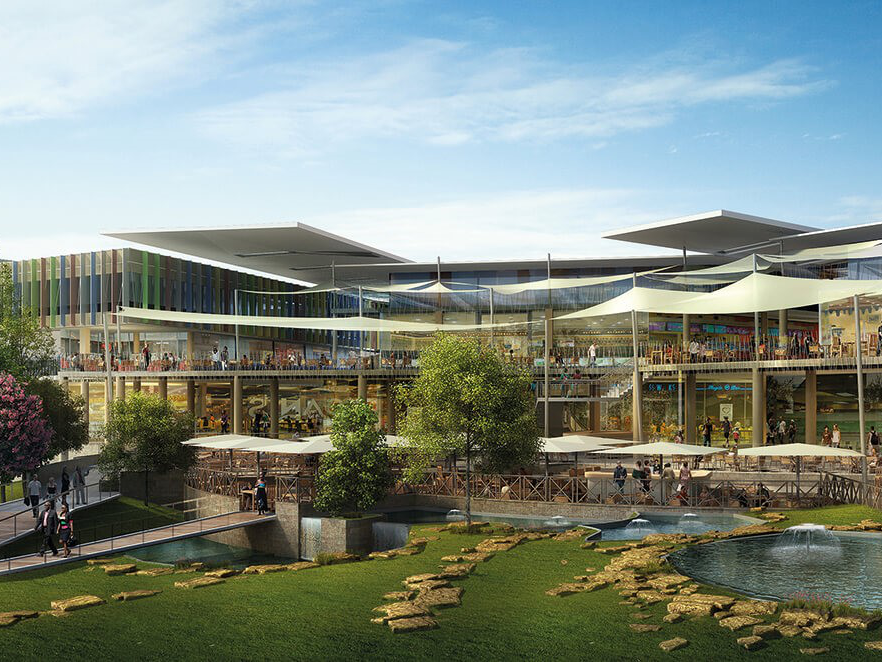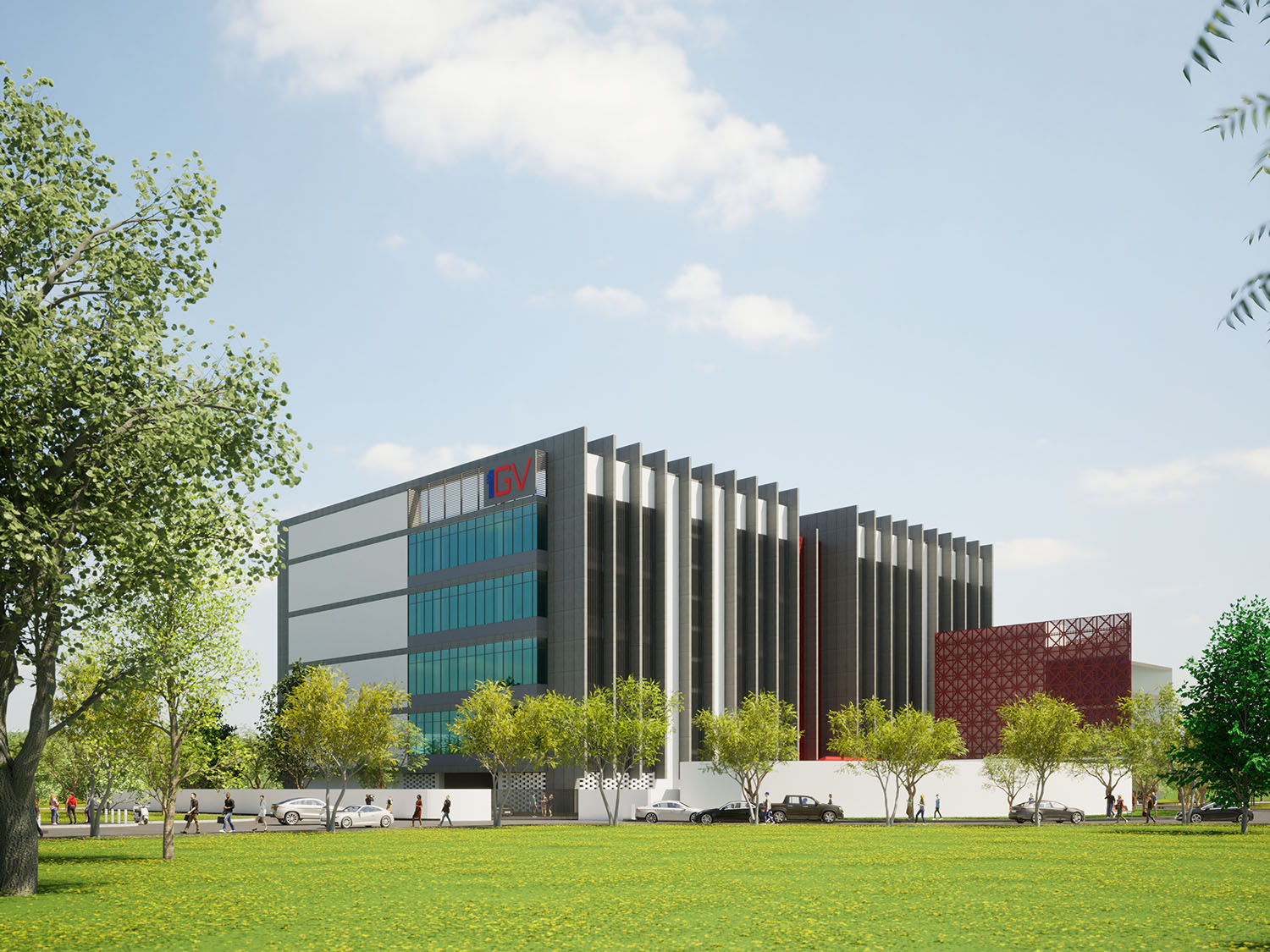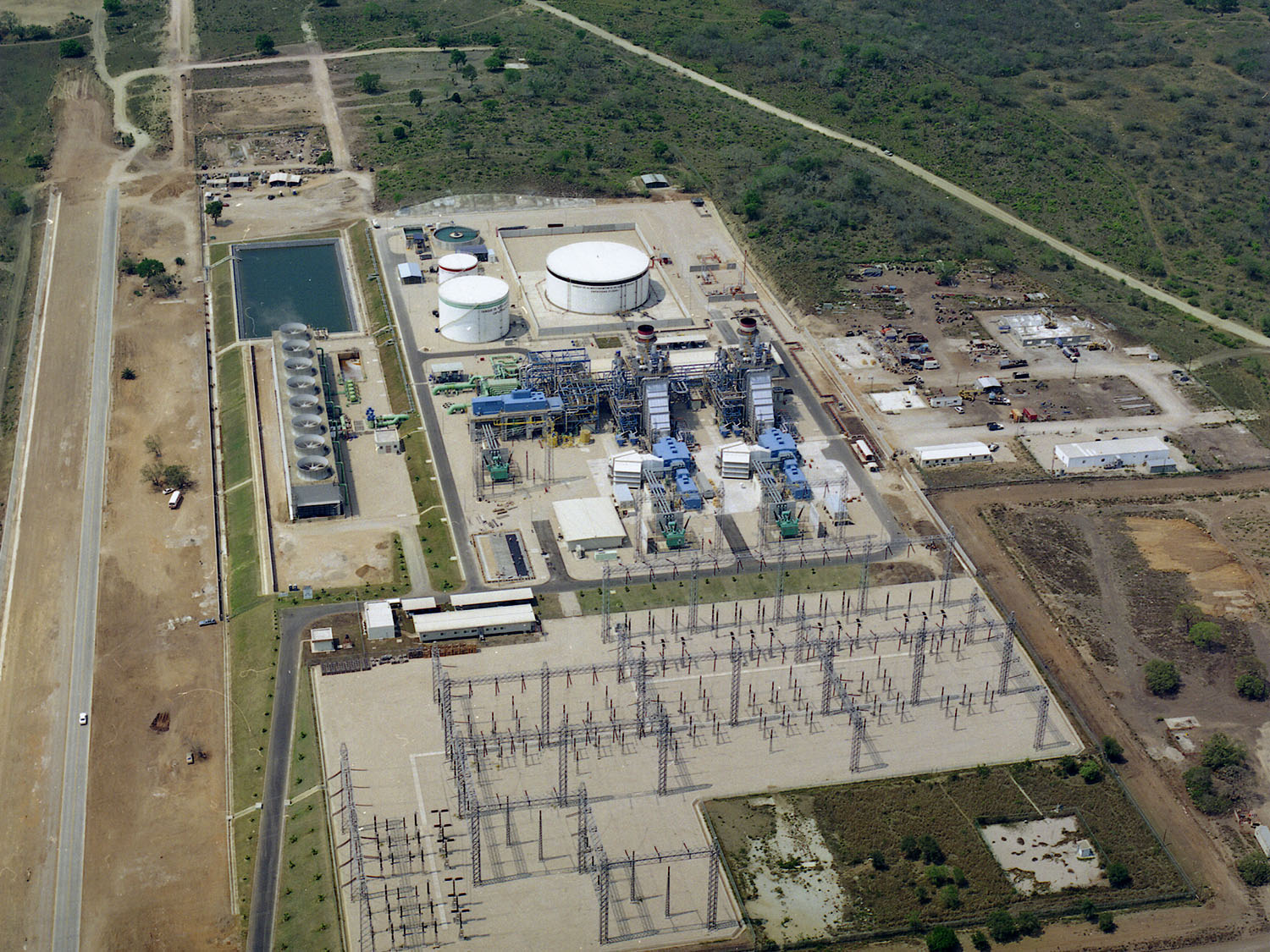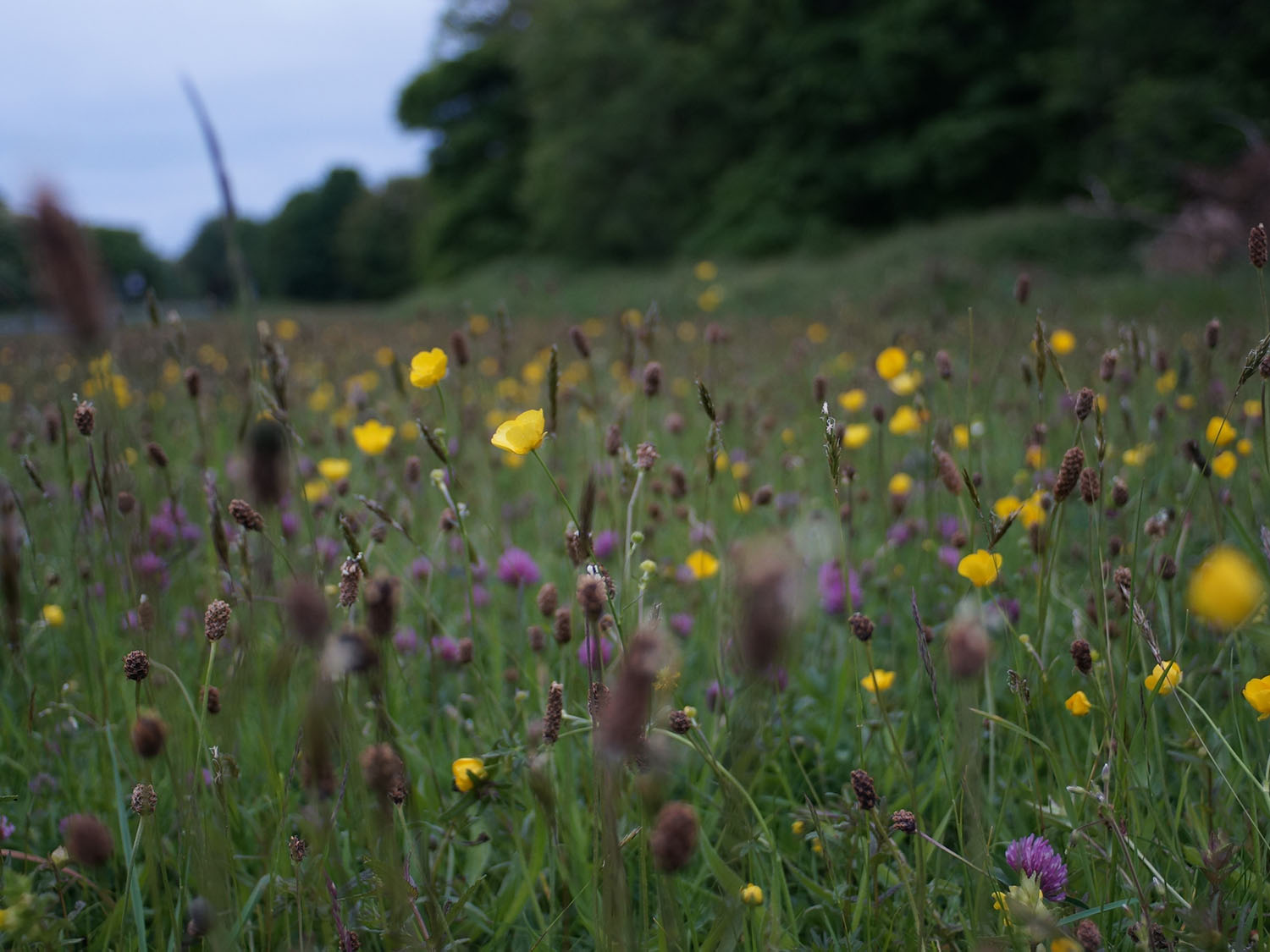What is happening
For a country like Kenya where smallholder, rain fed subsistence agriculture is the mainstay of the economy, climate change and with it the inconsistency of weather patterns is already causing significant problems. Kenya is the largest and most diversified economy in East Africa and climate risks pose a huge threat to the development and prosperity of the country and the region.
As a reminder of the devastating consequences of climate change, Kenya has experienced both unprecedented drought and torrential rains this year. This has limited food supply, causing rising inflation, and led to the loss of over 200 lives. Increasing inter-seasonal variability has severely impacted cereal production and livestock rearing with losses from the prolonged 2008 to 2011 drought estimated at $12.1bn.
Kenya has long been sensitive to its global responsibility to reduce its carbon footprint and was one of the first countries on the continent to enact national policies addressing climate change and promoting ecologically sustainable development. Adherence to these policies coupled with years of pursuing a renewable energy generation strategy, Kenya is today able to claim that approximately 70% of its energy generation capacity is derived from renewable sources, mostly consisting of geothermal and hydroelectric sources but latterly including wind and solar.
What Actis is doing
Actis, through its various investments, continues to support the country in the realisation of these sustainable development goals. One such investment is Kipeto Wind Farm, a 100MW project located 50 kilometres south of Nairobi. Once complete later this year, the project will boost Kenya’s renewable energy generation capacity to 75%, bolstering Kenya’s position as one of the top renewable power producers globally.
Another Actis investment embodying this commitment to mitigating the impact of climate change is Garden City Mall, a 35,326 square metre mixed use real estate development in Nairobi. The mall hosts the largest solar-panelled carport in Africa, generating c.1,200 MWh/year, and incorporates water recycling and harvesting systems that significantly reduce potable water demand. These eco-friendly features saw the mall become the first project in East Africa to achieve a Gold Pre-Certification LEED Building Design rating. Furthermore, the Government of Kenya awarded Garden City ‘Vision 2030’ status due to its outstanding contribution to fulfilling the country’s development goals.
By incorporating these sustainable investment and development initiatives in our projects, we continue to see the adoption of these practices by local developers, businesses and investors alike. Actis, as a key player in Kenya, aims to continue supporting the development of such projects as part of a concerted effort to mitigate the effects of climate change.






